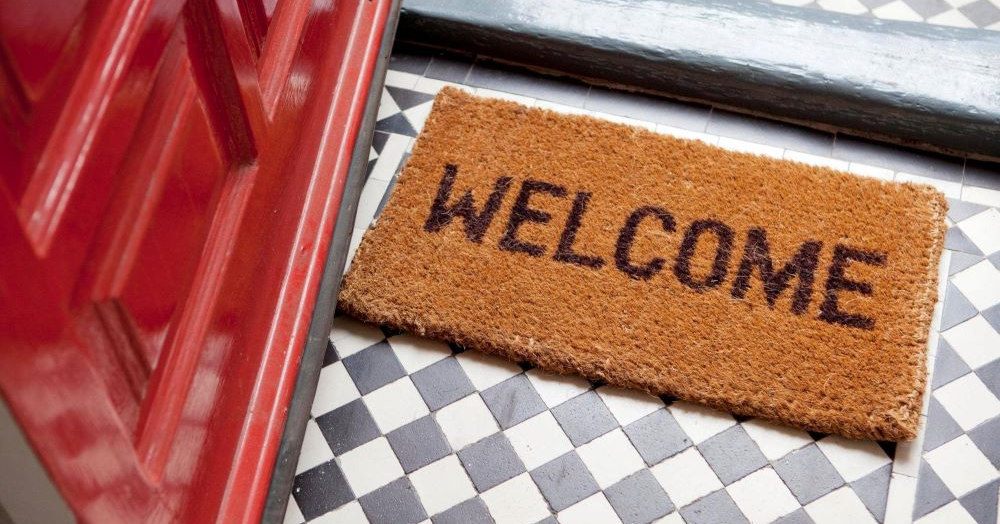Knowing the difference between a freehold and a leasehold is important as it can impact which properties in Nuneaton you will be looking at as a whole. Knowing if you’re happy to look at leasehold properties or if you only want to view freehold properties can streamline your hunt for a new home immensely.
Buying a new home in Nuneaton is a commitment, and it’s not one that you should ever take lightly. It’s also not something you should go into blind. Having a deposit saved up, looking at your budget, knowing what you need from the property ahead of time – all of these things will help immensely when buying a house.
Knowing the difference between a freehold and a leasehold is also important as it can impact which properties in Nuneaton you will be looking at as a whole. Knowing if you’re happy to look at leasehold properties or if you only want to view freehold properties can streamline your hunt for a new home immensely.
So, first, let’s look at Freehold:
What is a Freehold?
A freehold means you buy not only the house but also the land it sits on. You own it and are responsible for the upkeep and in charge of all the decisions. If you want to extend, change, or renovate the property the only obstacle is the relevant planning and building permissions.
Share of Freehold
You might also come across a concept known as Share of Freehold which means you are a leaseholder that is a director of the Leasehold company. This is mostly the case when purchasing a flat, as you do not own the whole property, only a portion of it. You will then enter into a ‘Share of Freehold’ agreement with the other flat owners.
What are the Benefits of a Freehold?
When you own a Freehold, you own it outright. You have control over the property and land and don’t need to worry about your Leasehold tenancy ending.
Now let’s look at Leasehold:
What is a Leasehold?
As the name suggests, you own the property for a certain tenure of years, but you do not own the land itself. This means you have to pay a ground rent, which, in most cases, is a small amount, though it can be increased at any time. New legislation is in progress to reduce Leasehold ground rents though, and in the future this could either be zero or a very small, fixed-rate sum.
When the lease expires, the ownership of the property reverts to the freeholder. Leasehold agreements are commonly 99 years or 125 years, with some extending 500 or even 999 years.
If you like the look of a Leasehold property, it is important to know how long is left on the lease as this will affect you when it comes to securing a mortgage. Lenders generally won’t loan you money if there is less than fifty years left on the lease after the mortgage lending period, and so it is recommended not to buy a Leasehold property that has less than 70 years left. If the Leasehold you are looking at does have less than 70 years, you can see about options for renegotiating with the freehold owner to extend the Leasehold to its full amount or even longer.
What are the Benefits of a Leasehold?
Depending on the terms specified, you don’t have to repair the outside, right of way access, or maintenance of the property itself. You are only responsible for the interior of your property. During the Leasehold, you can sell on your home as usual.
What are the Downsides of a Leasehold?
You will need to adhere to the rules set out by your Freeholder, which includes ground rent and the service charge collected to handle the upkeep of the building and common areas.
When the Leasehold tenancy ends, your entire property reverts back to the freeholder, so even if you technically own the building during the Leasehold, you don’t once the tenancy ends. This makes it very difficult to sell on and recoup your investment cost once the tenancy nears 80 years or less, whereas with a freehold you can sell for market value or even rent the property out.
There is an increasing trend for Leasehold properties – particularly in shared ownership schemes, so it’s important to ensure you know whether the property you are interested in is freehold or leasehold before you buy!
If you are considering buying a property for sale marketed through Alan Cooper Estates, our friendly, knowledgeable team can advise you!


